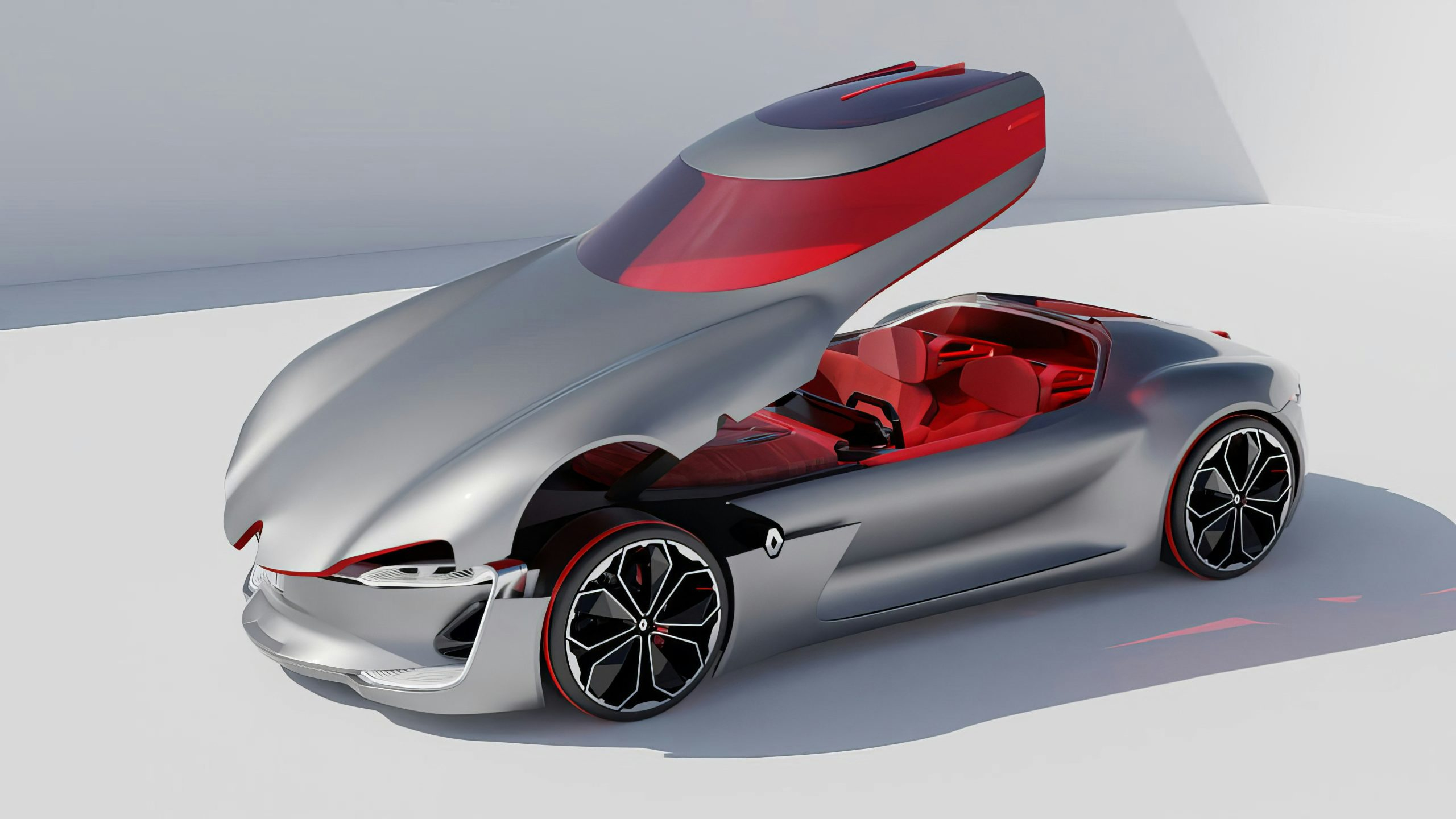Hydrogen vs Electric: Which Fuel Will Dominate Next-Gen Vehicles?
The automotive industry has been undergoing a major shift towards greener and more sustainable transportation options in recent years. With concerns about climate change and depleting fossil fuel reserves, the traditional combustion engine is becoming a thing of the past. Two of the most promising alternatives that have emerged are hydrogen fuel cell vehicles and battery electric vehicles. But which one will reign supreme as the dominant fuel for next-generation vehicles? In this article, we will delve into the differences between hydrogen and electric, their advantages and disadvantages, and where the future lies for each of these fuel options.
The Basics: Hydrogen vs Electric
Hydrogen and electricity are two very different energy sources, but they both have the potential to power vehicles in a sustainable and eco-friendly manner. Let’s take a closer look at what makes each of these fuel options unique:
Hydrogen Fuel Cell Vehicles
Hydrogen fuel cell vehicles (FCVs) use a fuel cell to convert hydrogen gas into electricity, which then powers an electric motor. The fuel cell works by combining hydrogen and oxygen to produce electricity, with water vapor as the only byproduct. This makes FCVs emission-free, with the added benefit of being significantly quieter than traditional combustion engines.
One of the major advantages of hydrogen fuel is its abundance. It is the most abundant element in the universe, and it can be sourced from a variety of renewable methods, such as electrolysis of water or through biomass gasification. FCVs also have a longer driving range compared to electric vehicles, making them ideal for long-distance travel.
Battery Electric Vehicles
Electric vehicles (EVs) use rechargeable batteries to store electricity and power the vehicle’s motors. Instead of using hydrogen gas, EVs rely solely on electricity to power their motors, which eliminates the need for a fuel cell and makes them much simpler in design. Just like FCVs, EVs also have zero emissions, making them a much cleaner option than traditional combustion engine vehicles.
While EVs have a shorter driving range compared to FCVs, they are much more efficient. FCVs have a lower efficiency in converting hydrogen gas into electricity, while EVs have a much higher efficiency in using electricity to power their motors.
The Advantages and Disadvantages
Hydrogen Fuel Cell Vehicles
One of the main advantages of FCVs is their fast refueling time. Just like a traditional gasoline car, FCVs can be refueled in a matter of minutes, making them more convenient for long-distance travel. FCVs also have a longer driving range, making them more suitable for areas with limited charging infrastructure.
However, one of the main challenges for FCVs is their lack of infrastructure. Building hydrogen fueling stations is costly, and there are currently only a handful of them in operation. Additionally, producing and storing hydrogen in a safe and efficient manner is still a challenge that needs to be addressed.
Battery Electric Vehicles
EVs have been gaining in popularity in recent years, and one of the primary reasons for this is the constantly expanding charging network. EV drivers can charge their vehicles at home, at work, or at one of the many public charging stations available. This makes EVs a more practical option for daily commutes and local travel.
However, one of the biggest concerns with EVs is their limited driving range. While newer models have been able to increase their range, EVs are still not ideal for long-distance travel, especially in areas with limited charging infrastructure. Additionally, the production and disposal of EV batteries also have a negative impact on the environment.
The Future of Vehicle Fuel
So, which fuel will dominate the next generation of vehicles? The answer is not that simple. Both hydrogen and electricity have their respective advantages and disadvantages, and it is likely that both will play a significant role in the future of transportation.
Many automakers, such as Toyota and Hyundai, have already invested in hydrogen fuel cell technology and are planning to introduce more FCVs in the coming years. On the other hand, major automakers, including Tesla, GM, and Ford, are heavily investing in electric vehicles and expanding their EV lineup.
It is evident that both hydrogen and electricity will have a role to play in shaping the future of transportation. The key will be finding the right balance between the two and creating a sustainable ecosystem that can support both fuel options.
The Verdict
While the battle between hydrogen and electric as the dominant fuel for next-generation vehicles continues, it is clear that both have their unique advantages and disadvantages. Ultimately, it will come down to consumer preference, infrastructure development, and advancements in technology that will determine the future fuel of choice for vehicles.
One thing is for sure: the move towards greener and more sustainable transportation is gaining momentum, and both hydrogen and electric are driving us towards a cleaner and brighter future for our planet.











